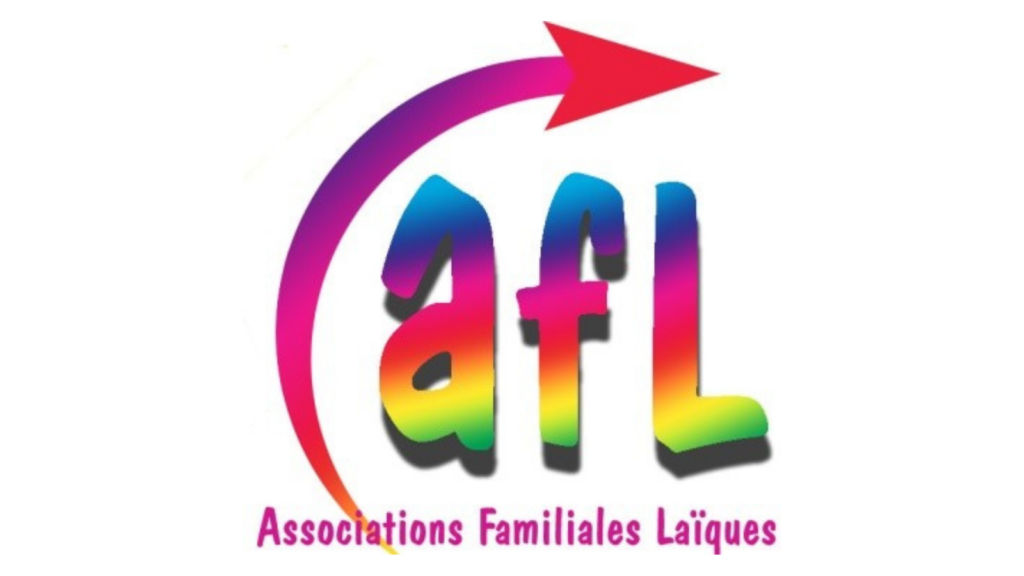The Commission presented the annual European Semester Spring Package on 24 May 2023. The Package includes a Communication, country reports and country-specific recommendations for all 27 Member States, in-depth reviews for 17 Member States, and a Commission proposal on guidelines for Member States’ employment policies in 2023.
The 2023 country reports take stock of the implementation of the recovery and resilience plans, analyse the economic and social developments and challenges facing Member States, and provide a forward-looking analysis of their resilience. The Commission also proposes country-specific recommendations to provide guidance to Member States on how to tackle key economic and social challenges that are only partially or not addressed at all in their recovery and resilience plans. This includes tailored advice to individual Member States on how to boost jobs, growth and investment while maintaining sound public finances.
The European Semester is linked to the Recovery and Resilience Facility which brings in the concept of resilience at the institutional level (e.g. resilience of long-term care sectors). General themes relate to the need for Member States to transform:
- Care sectors to fit the realities of European demography and family needs;
- Social benefit systems to adequately support families and not leave them with negative outcomes.
For instance, the Belgian country report includes the need to strengthen efforts to improve the efficiency of long-term care. In Croatia, the Commission highlights that social protection reform progressed with the adoption of the Social Welfare Act (which aims to increase the adequacy of the main social benefits), and the 2021-27 National Plan for the Development of Social Services identifies needs and sets out priorities for developing home-based, community and other social services. For Poland, new universal support measures were introduced to offset rising energy and living costs for families. The Commission also refers to child benefits (under the ‘Family 500+’ programme) and criticises that they remain largely untargeted and without means-testing at the household level, calling for these benefits to be more proportionate to household income and not a flat rate for all families regardless of their income. The Swedish country report refers to the need to remove existing constraints to improve the accessibility, capacity, and resilience of the health and long-term care system. It also refers to the need to improve educational outcomes for pupils with disadvantaged socio-economic and migrant backgrounds by ensuring equal access opportunities in the schooling system and addressing the shortages of qualified teachers.
In the framework of the Horizon Europe rEUsilience research project (www.reusilience.eu ), COFACE Families Europe will continue to monitor EU frameworks such as the European Semester and the European Pillar of Social Rights from a resilience perspective, to ensure that data emerging from this research can help better understand the contribution of policy (European and national) to family resilience.
For further information, contact Holly Shorey, COFACE Project and Advocacy Officer: hshorey@coface-eu.org





